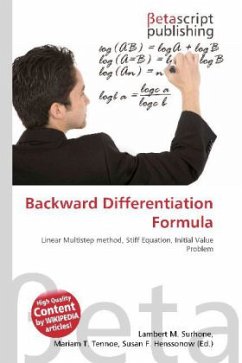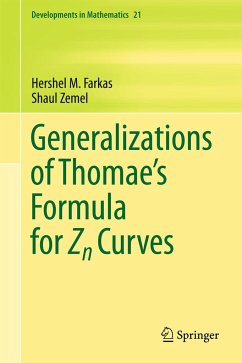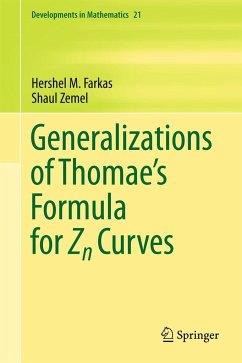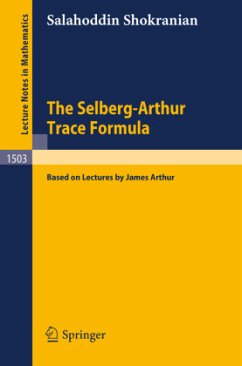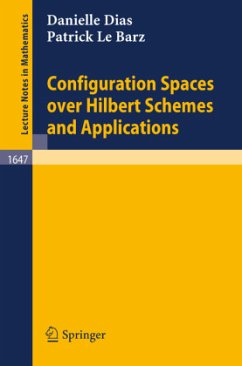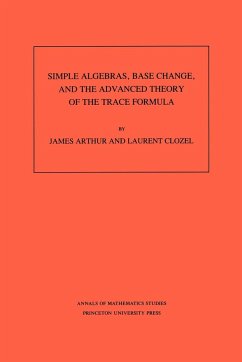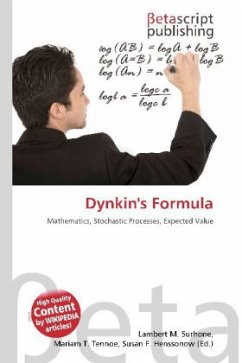
Dynkin's Formula
Versandkostenfrei!
Versandfertig in 6-10 Tagen
23,99 €
inkl. MwSt.

PAYBACK Punkte
12 °P sammeln!
Please note that the content of this book primarily consists of articles available from Wikipedia or other free sources online. In mathematics specifically, in stochastic analysis Dynkin''s formula is a theorem giving the expected value of any suitably smooth statistic of an It diffusion at a stopping time. It may be seen as a stochastic generalization of the (second) fundamental theorem of calculus. It is named after the Russian mathematician Eugene Dynkin. In probability theory, a stochastic process, or sometimes random process, is the counterpart to a deterministic process (or deterministic...
Please note that the content of this book primarily consists of articles available from Wikipedia or other free sources online. In mathematics specifically, in stochastic analysis Dynkin''s formula is a theorem giving the expected value of any suitably smooth statistic of an It diffusion at a stopping time. It may be seen as a stochastic generalization of the (second) fundamental theorem of calculus. It is named after the Russian mathematician Eugene Dynkin. In probability theory, a stochastic process, or sometimes random process, is the counterpart to a deterministic process (or deterministic system). Instead of dealing with only one possible reality of how the process might evolve under time (as is the case, for example, for solutions of an ordinary differential equation), in a stochastic or random process there is some indeterminacy in its future evolution described by probability distributions. This means that even if the initial condition (or starting point) is known, there are many possibilities the process might go to, but some paths may be more probable and others less.



